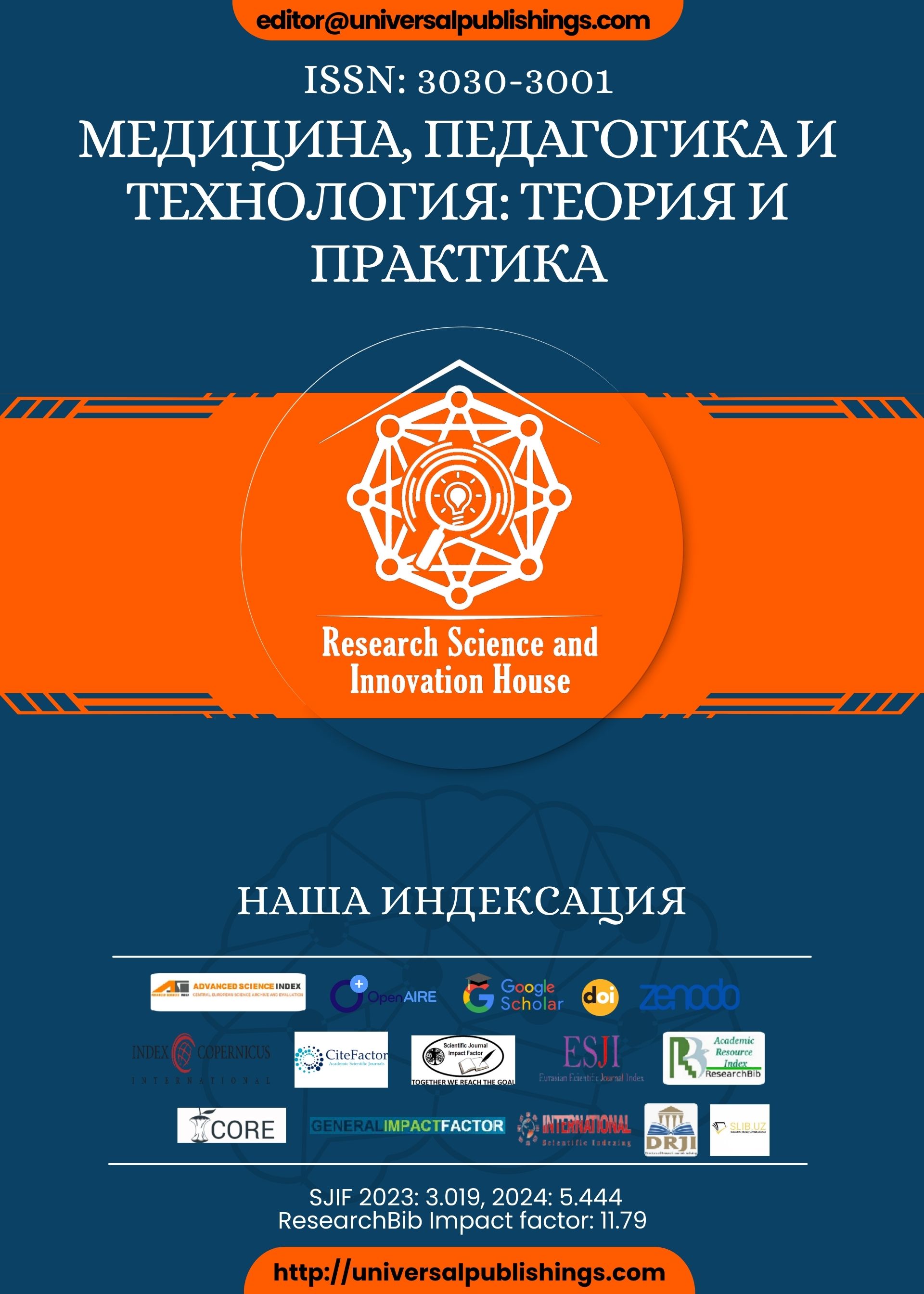Abstract
The article delves into the differences, in politeness strategies between men and women. How these variations affect the way they communicate with each other. Politeness, in speech mirrors expectations and power dynamics shaped by gender norms. Women typically employ cooperative language that highlights forming connections whereas men usually opt for more direct communication centered around tasks. Nevertheless these tendencies are not. Can change depending on backgrounds, situational contexts and personal traits. Recognizing these distinctions could enhance how people connect with each other and increase recognition of prejudices, in communication.
References
1. Brown, P., & Levinson, S. (1987). Politeness: Some Universals in Language Usage. Cambridge University Press.
2. Holmes, J. (1999). An Introduction to Sociolinguistics. London: Longman.
3. Mills, S. (2003). Gender and Politeness. Cambridge University Press.
4. Kaniyazova, A. B. (2024). Gender Differences in Language Use and Politeness Strategies. American Journal of Philological Sciences, 4(4), 17-23.
5. Shodieva, M. (2024). SOCIOLINGUISTIC APPROACHES: UNDERSTANDING LANGUAGE IN SOCIAL CONTEXTS. Modern Science and Research, 3(1), 69-75.
6. Shodiyeva, M. (2023). SOCIOLINGUISTICS AND IDENTIFICATION IN THE CLASSROOM. Modern Science and Research, 2(12), 494-498.
7. Adizovna, S. M. (2023). Code-Switching and Multilingualism: Exploring the Dynamics of Language use in Uzbekistan. American Journal of Language, Literacy and Learning in STEM Education (2993-2769), 1(9), 549-553.
8. Shodieva, M. (2023). UNDERSTANDING SOCIOLINGUISTIC APPROACH IN THE ENGLISH CLASSROOM. Modern Science and Research, 2(10), 64-68.
9. Maftunabonu, S. (2023). THE DIFFERENCE BETWEEN TRADITIONAL AND MODERN TEACHING METHODS. Modern Science and Research, 2(10), 829-831.
10. Shodieva, M. (2023). MASTERING ENGLISH IN A MONTH: EFFECTIVE STRATEGIES FOR RAPID PROGRESS. In Academic International Conference on Multi-Disciplinary Studies and Education (Vol. 1, No. 19, pp. 83-87).
11. Shodieva, M. (2023). DEVELOPING SUMMARY WRITING SKILL IN ACADEMIC WRITING. Modern Science and Research, 2(9), 140-144.
12. Surat, F. N. . (2024). DIALOGUE IN THE ANIMATED SERIES "KUNG FU PANDA. JOURNAL OF EDUCATION, ETHICS AND VALUE, 3(4), 202–205. Retrieved from https://jeev.innovascience.uz/index.php/jeev/article/view/624
13. Fayzullayeva, N. (2024). FEEL THE FREEDOM IN THE WORKS OF WALT WHITMAN. MODERN SCIENCE AND RESEARCH, 3(3), 330–335. https://doi.org/10.5281/zenodo.10814469
14. Fayzullayeva, N. (2024). WALT WHITMAN WORD ABOUT "A CELEBRATION OF THE HUMAN SPIRIT IN POETRY". MODERN SCIENCE AND RESEARCH, 3(3), 336–341. https://doi.org/10.5281/zenodo.10814566
15. Fayzullayeva, N. (2024). WALT WHITMAN AND HIS POEM ABOUT AMERICA. Modern Science and Research, 3(1), 35–39. Retrieved from https://inlibrary.uz/index.php/science-research/article/view/28918
16. Fayzullayeva, N. (2024). "AMERICAN DREAM" IN WALT WITHMAN’S POEMS. Modern Science and Research, 3(1), 220–224. Retrieved from https://inlibrary.uz/index.php/science-research/article/view/27940
17. Sur’at qizi Fayzullayeva, N., & Kilicheva, M. R. (2022). UOLT UILTMAN NASRIDA “AMERIKA ORZUSI” KONSEPTI. INTERNATIONAL СONFERENCE ON LEARNING AND TEACHING, 1(8), 574-576.
18. Fayzullayeva, N. (2023). THE IMPROVING OF LISTENING SKILL. Modern Science and Research, 2(10), 272–276. Retrieved from https://inlibrary.uz/index.php/science-research/article/view/25086
19. Fayzullayeva, N. (2023). THE CONCEPT OF THE AMERICAN DREAM AND WALT WHITMAN. Solution of social problems in management and economy, 2(11), 137-142.
20. Fayzullayeva, N. (2023). THE ROLE OF THE AMERICAN DREAM IN UOLT WILTMAN’S POEMS. Modern Science and Research, 2(10), 714–718. Retrieved from https://inlibrary.uz/index.php/science-research/article/view/24676
21. Fayzullayeva, N. (2023). USAGE OF THE FLORA IN THE EARLY MODERN ENGLISH POETRY. Modern Science and Research, 2(9), 36–39. Retrieved from https://inlibrary.uz/index.php/science-research/article/view/24078

